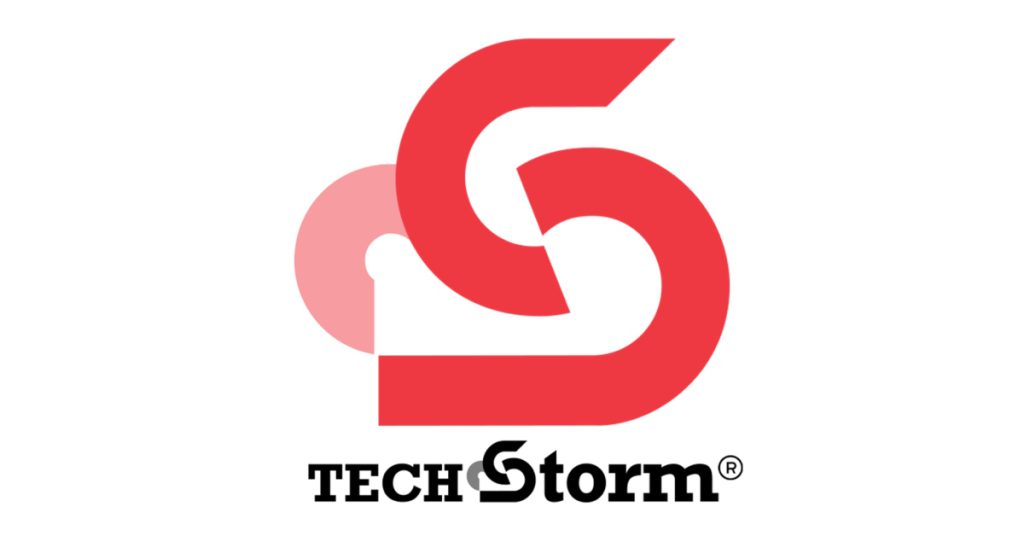It’s become somewhat of a buzzword these days, but company culture isn’t something made up by millennials or older zoomers.
And as employers, you shouldn’t disregard the importance of company culture either, because the reality is that the younger generations in the workforce place high importance on this. How a company treats its staff members can play a major role in their decision to join it.
But company culture isn’t just about attracting talents.
What exactly is company culture, and why does it matter?
To put it simply, company culture is a shared set of workplace beliefs, values, attitudes, standards, and behaviours within an organisation. It reflects both the written and unspoken rules that people in the organisation follow.
The sum of what you and your colleagues think, say, and do while working together is basically your company’s culture. At its core, company culture is about how things get done around the workplace.
It’s easy to have this mixed up with the more superficial factors (or perks) of a company, such as casual dress codes and office amenities like beanbags. But company culture goes beyond surface-level features.
It’s about the values embedded in everyday workplace practices and decision-making processes. Hence, it’s not just the responsibility of the human resource (HR) department to uphold. Instead, it’s something that the whole company should actively be practising.
Which basically means that the people in top and bottom management need to be singing the same song. No matter who you ask in the company, they should have the same ideas on what the company culture is.
As to why it matters, well, without people having the belief in the values and system you put out, and the practice of the values that shape the culture, the company won’t move forward.
So here are four tips we learnt on building a good company culture in Malaysia, from the panellists at an event for Startup Week Malaysia 2023. They are:
- Celine Ting, Managing Director at OpenAcademy (a global online learning platform)
- Khairil Effendy, founder and managing director at Nexagate (a cybersecurity consultant and services provider)
- Alicia Yeo, Director of People at HealthMetrics (an employee healthcare management platform)
Benjamyn Phua, founder of Culturedation, a company culture consultant agency, moderated the talk.
1. Your core values should reflect your personal values
In its most basic sense, culture is about how a group of people behave on their own without external controlling forces.
Hence, when it comes to building company culture from scratch, it should start from the people who founded the organisation. If not then it should be the team that’s managing the rest of the company.
As Alicia stated, ask yourselves, “What are the values that you want to have in order to scale the company?”
Come together as a team, sit down, and discuss your personal values. From there, you can come up with the values that you want the organisation to have as a whole. Examples of this include honesty, accountability, continuous learning, and teamwork.
Which brings us to our next point…
2. Do not copy-and-paste someone else’s company culture hoping that it will work for you too
It might seem tempting to replicate the culture of certain companies, especially if you’re striving to be as successful as them. But the sad truth is that that’s just not how company culture works.
Speaking candidly, Alicia shared that the founders of HealthMetrics initially copied some of the culture they learnt while attending the Google for Startups Accelerator in the US. But later on, the company realised, “We copied for the sake of copying without practising it.”
So the team had to have a town hall to discuss who they were as an organisation and what they actually wanted to achieve.
Because again, each company values different things, and your company size also plays a role in how the culture is practised. Which is why you might find startups and corporations having different company cultures.
And no, there isn’t a minimum or maximum number of staff when it comes to having company culture, Khairil said. “Culture isn’t about the numbers.”
3. Choose the right leaders in your team because they will impact company culture
Similar to how you look towards founders when initially building a company’s culture, you should also pay attention to who is leading your teams.
Taking a different approach from Celine and Alicia, Khairil shared that at Nexagate, they actually don’t focus on stating core values so much. Because to him, “Core values are not what you want to become but who you already are.”

So he pays closer attention to who he picks as team leads, preferring those whose own culture aligns with what he wants the company to have. Then from there, he will choose the team members for that department based on the team leads’ characteristics.
It might sound unconventional, but he explained that each department will have their own mini culture (subculture). Hence, it makes more sense to find people that fit in from the get-go.
4. Define your company’s core values through action
In other words, you have to walk the talk.
You see, it’s easy to say that your company values this or that behaviour. But when it comes down to it, do you actually understand what those values mean and entail?
“How you practise them is what defines a company’s culture,” Alicia emphasised. Because as Celine summed it up, “If your team aren’t the ones upholding the culture that you have in place, then there is no culture.”
Sharing her experience, Celine said that OpenAcademy values transparency and accountability as a culture. Hence, the company has set processes and systems in place to encourage these.
For example, they practise an open-door policy, team peer-to-peer evaluations, and having financial quarterly meetings so that everyone is in the loop.
By doing so, they foster an encouraging environment for employees to also practise the culture in their own ways, in a phenomenon you might know as the trickle-down effect.
-//-
All in all, company culture isn’t built in a day. It could take months, but the idea is to not rush into it and to also be flexible. As all the panellists have shared, culture is heavily intertwined with people, so there may be times where you need to adapt according to the team at hand.
But the goal is to not compromise on the company’s bigger goal and the core values that will help to achieve them. Being consistent and intentional will help shape a good and lasting company culture.
- Read articles we’ve written about Malaysian startups here.
Featured Image Credit: Culturedation











